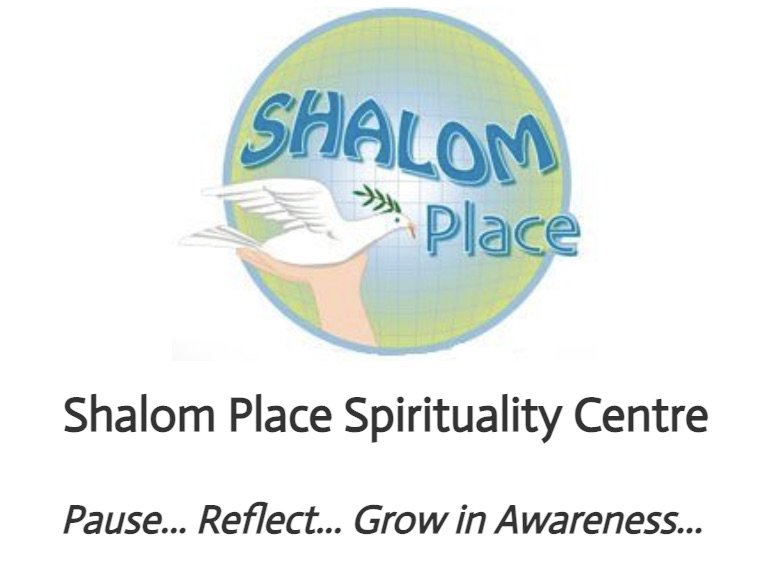 Image 1 of 1
Image 1 of 1


Theological Bioethics (Cahill)
The field of bioethics was deeply influenced by religious thinkers as it emerged in the 1960s and early 1970s. Since that time, however, a seemingly neutral political liberalism has pervaded the public sphere, resulting in a deep suspicion of those bringing religious values to bear on questions of bioethics and public policy. As a theological ethicist and progressive Catholic, Lisa Sowle Cahill does not want to cede the "religious perspective" to fundamentalists and the pro-life movement, nor does she want to submit to the gospel of a political liberalism that champions individual autonomy as holy writ. In Theological Bioethics, Cahill calls for progressive religious thinkers and believers to join in the effort to reclaim the best of their traditions through jointly engaging political forces at both community and national levels. In Cahill's eyes, just access to health care must be the number one priority for this type of "participatory bioethics." She describes a new understanding of theological bioethics that must go beyond decrying injustice, beyond opposing social practices that commercialize human beings, beyond painting a vision of a more egalitarian future. Such a participatory bioethics, she argues, must also take account of and take part in a global social network of mobilization for change; it must seek out those in solidarity, those involved in a common calling to create a more just social, political, and economic system. During the past two decades Cahill has made profound contributions to theological ethics and bioethics. This is a magisterial and programmatic statement that will alter how the religiously inclined understand their role in the great bioethics debates of today and tomorrow that yearn for clear thinking and prophetic wisdom.
The field of bioethics was deeply influenced by religious thinkers as it emerged in the 1960s and early 1970s. Since that time, however, a seemingly neutral political liberalism has pervaded the public sphere, resulting in a deep suspicion of those bringing religious values to bear on questions of bioethics and public policy. As a theological ethicist and progressive Catholic, Lisa Sowle Cahill does not want to cede the "religious perspective" to fundamentalists and the pro-life movement, nor does she want to submit to the gospel of a political liberalism that champions individual autonomy as holy writ. In Theological Bioethics, Cahill calls for progressive religious thinkers and believers to join in the effort to reclaim the best of their traditions through jointly engaging political forces at both community and national levels. In Cahill's eyes, just access to health care must be the number one priority for this type of "participatory bioethics." She describes a new understanding of theological bioethics that must go beyond decrying injustice, beyond opposing social practices that commercialize human beings, beyond painting a vision of a more egalitarian future. Such a participatory bioethics, she argues, must also take account of and take part in a global social network of mobilization for change; it must seek out those in solidarity, those involved in a common calling to create a more just social, political, and economic system. During the past two decades Cahill has made profound contributions to theological ethics and bioethics. This is a magisterial and programmatic statement that will alter how the religiously inclined understand their role in the great bioethics debates of today and tomorrow that yearn for clear thinking and prophetic wisdom.
